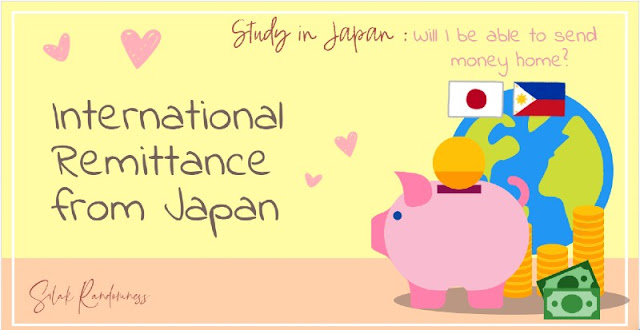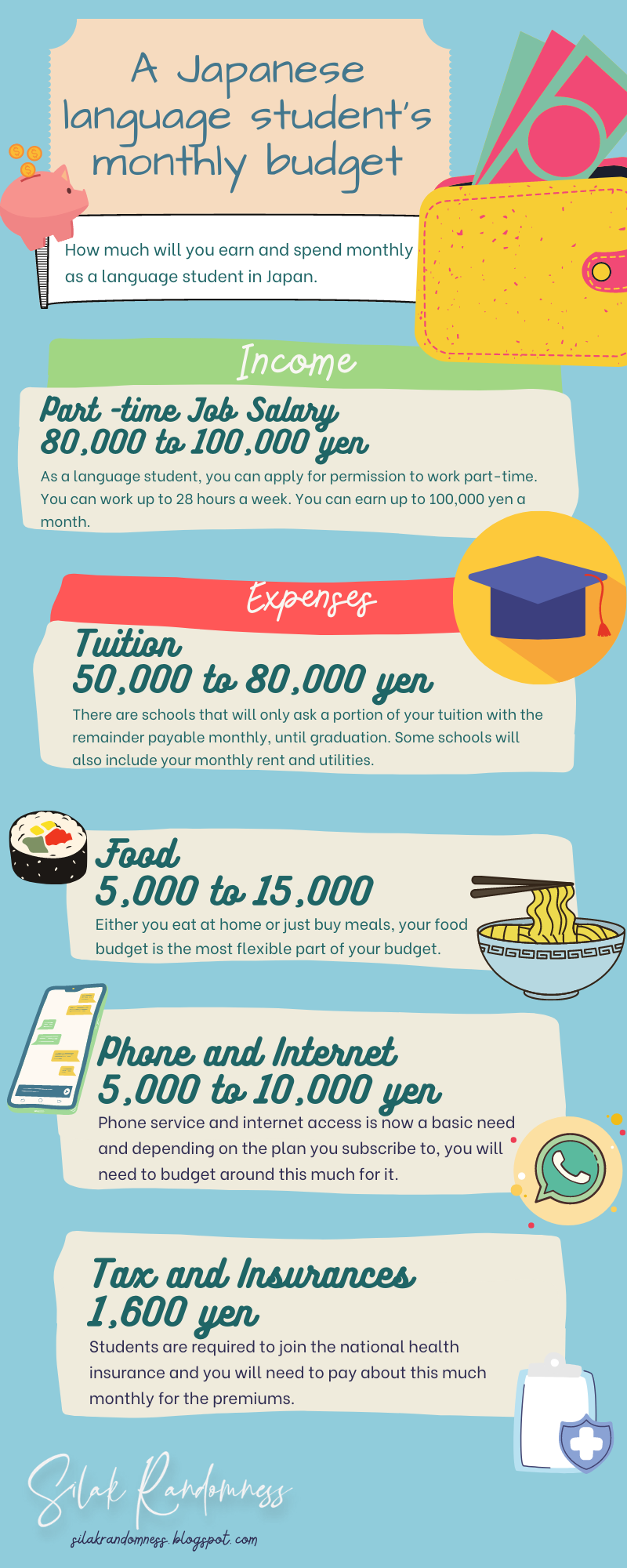Moving Apartments Checklist

You've finally landed that job you've been eyeing since last year! Now, it's time to pack up and move to the location of your new job. Moving apartments is never easy. No matter where you are in the world. It can even be difficult back home, but now that you're in Japan, well, it gets a little more complicated. With everything else in life, when things get overwhelming, make a list. Lists help us see what's going on, what our options are, and sometimes, it can even help ease your mind by showing you that things are not as out of control as you imagine them to be. Before you move... If you are planning to move to a new city, you should start looking for a new apartment at least a couple of months before your desired move date. This is to give you enough time for site visits, plus time to decide. Most realtors will hold a property for you for about a month, which gives you ample time to get the other things in order. Move Prep Now that you've decided, and signed w...






